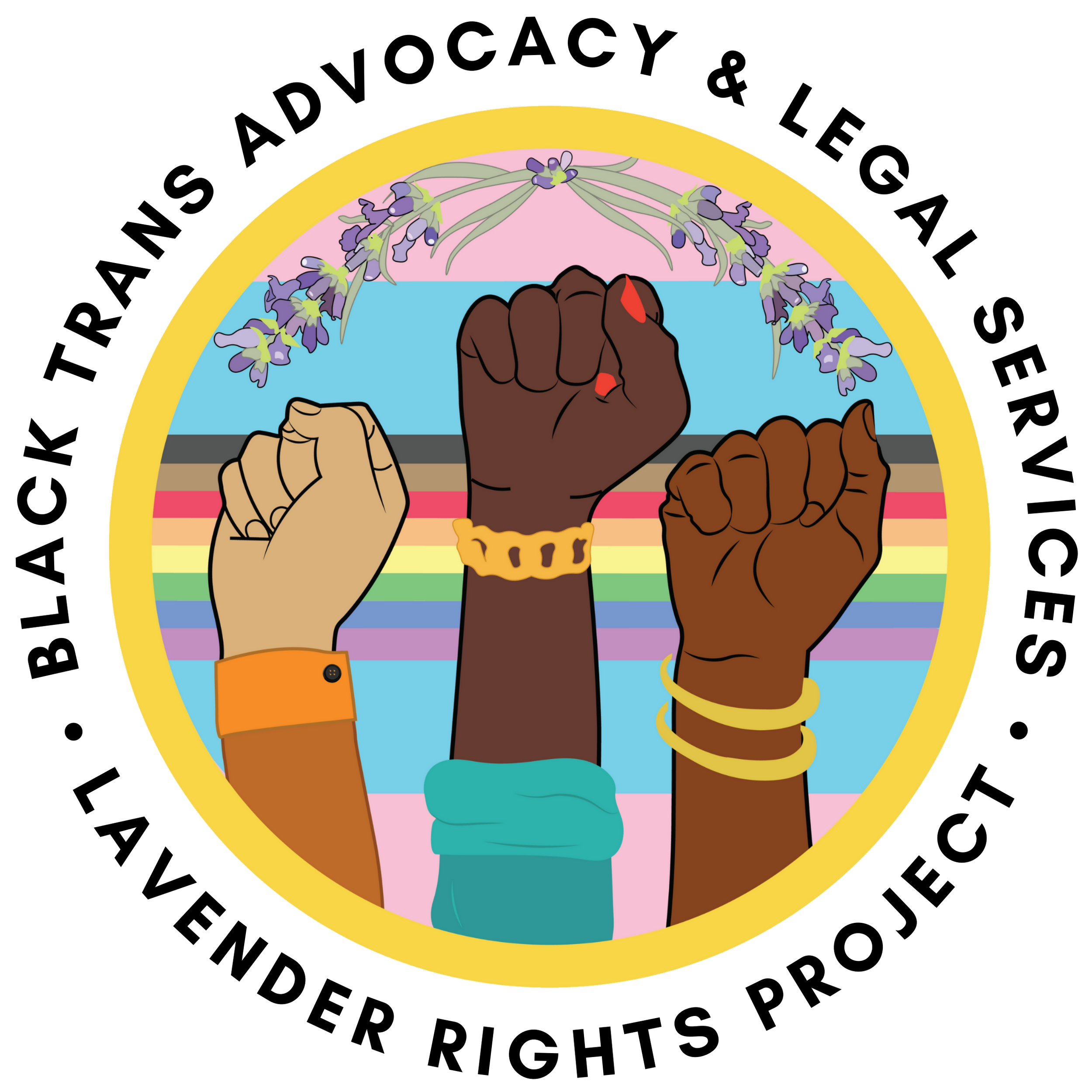The carceral state serves to protect the systems of white supremacy, gender-based violence, colonialism, and capitalism. There are no reforms that will fundamentally change its original and currently intended purpose: to carry out systematic violence. There are no building designs or training programs that will alter this fundamental fact about jails and prisons, and this has been proven time and time again here in Seattle and King County.
Read MoreHello! I’m Sabrina and I’ve been a paralegal here with the Lavender Rights Project for a little over a year now. Today, I want to give you a glimpse into what it’s like to work in our small team as we support the Lavender Rights Project’s mission toward Black Trans Liberation. Our power trio consists of our attorney Nico Quintana, our paralegal Nicole Perry, and myself.
Read MoreAs an Indigenous, Latinx, trans masc person who came out in the 90's, I have been fortunate to be a part of more than two decades of BIPOC trans liberation work. Raised in Black and Indigenous trans movements, I know that who does the work matters and I deeply understand that how the work is done is essential to our collective liberation. I have unfortunately seen, over and over again, white and cisgender people take over our movements and silence our leaders.
Read MoreThe Black Trans Legal Professionals Network (BTLPN), a project of QLaw Foundation of Washington and Lavender Rights Project, is a peer-support space created to address the professional and personal needs of Black trans clients and attorneys, students, and legal professionals.
Read MoreI became a criminal law attorney because, as a trans masculine, indigenous, Latinx person and a formerly homeless trans teen, I have seen trans BIPOC communities constantly be overpoliced, incarcerated, and discriminated against across the country. Many lawyers, policy makers, and organizations called on to address violence and discrimination against BIPOC trans and gender diverse communities do not have authentic connections with our communities and often cause more harm than good to our communities.
Read More





